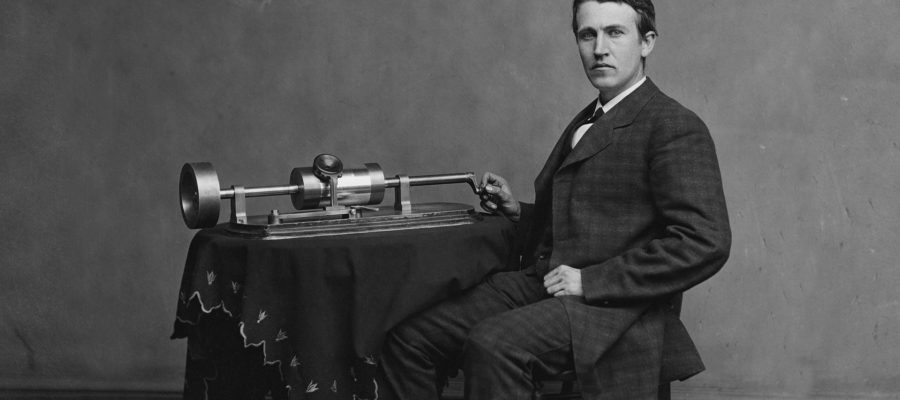
Are you an inventor? Could you be an inventor? Many of us have had moments when we thought, “It’d be nice if we had this…” We think about an invention that would make our lives easier—and move society forward.
Most of the time, we have these passing thoughts and then we move on to other topics. We don’t think too hard about them. Inventing, after all, is a process fraught with difficulty. There are many moments of frustration and failure.
Invention takes persistence. And there is no guarantee of success. Our time is valuable, and we don’t want to waste it.
But if we have a genuinely good idea, and we think it might work, we owe it to ourselves, our families, and society to develop it further.
Inventions change our lives. Inventions make life better. Inventions expand our horizons.
The business of inventing requires determination and perseverance and a certain amount of bullheadedness. Above all, it requires hard work and a burning desire to create something new.
The great inventor Thomas Edison offered some pearls of wisdom:
- “Genius is one percent inspiration, ninety-nine percent perspiration.”
- “I have not failed. I’ve just found 10,000 ways that won’t work.”
- “Many of life’s failures are people who did not realize how close they were to success when they gave up.”
Even though Edison died in 1931, his words still resonate today.
Every one of us has had kernels of inspiration. When we have good ideas, we need to develop them. Our efforts, of course, may not produce a viable invention—at least in the short term.
But we win when we keep trying. Whenever we have a goal worth pursuing, there will always be obstacles. If something were easy to accomplish, it wouldn’t have any value.
We will eventually succeed—at something—when we work hard, and when we believe in ourselves and the value of what we’re doing. Sometimes a failure on one front leads to success on another. Sometimes a stillborn idea leads to a transformational concept.
Most of us will never invent anything, but we all can be inventive. Inventiveness is every bit as important as inventing. We don’t have to invent a gadget or a new scientific procedure to be inventive.
Being inventive involves thinking about creative ways to do things—and making the most of our lives and resources. Being inventive might mean adding new spices to a familiar meal, to make it taste even better.
All these examples of inventiveness add up to something big—very big. When we harness the power of our creativity, our potential, and our human capital, we can transform our lives, our homes, our communities, and our countries.
What may be impossible today could be possible tomorrow!
